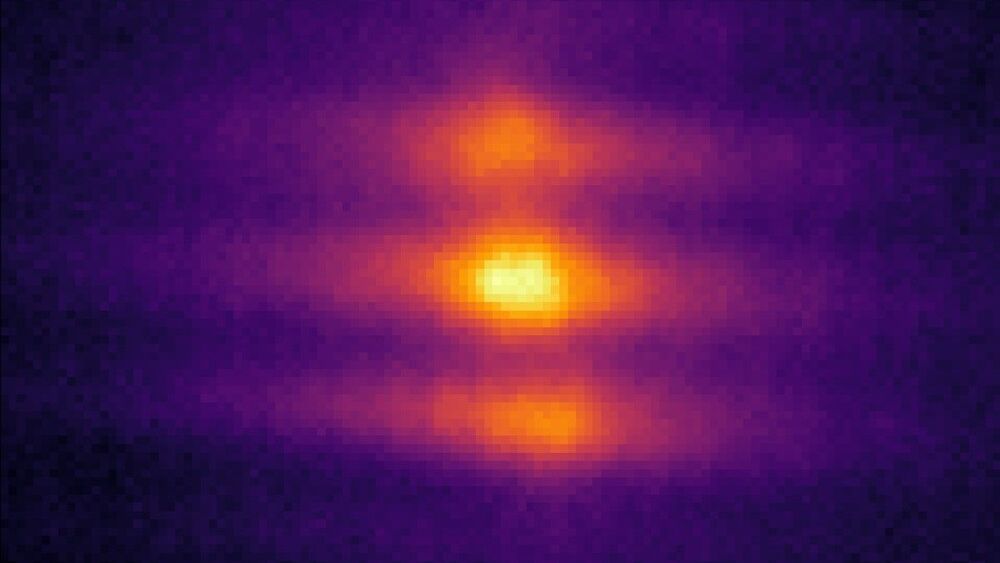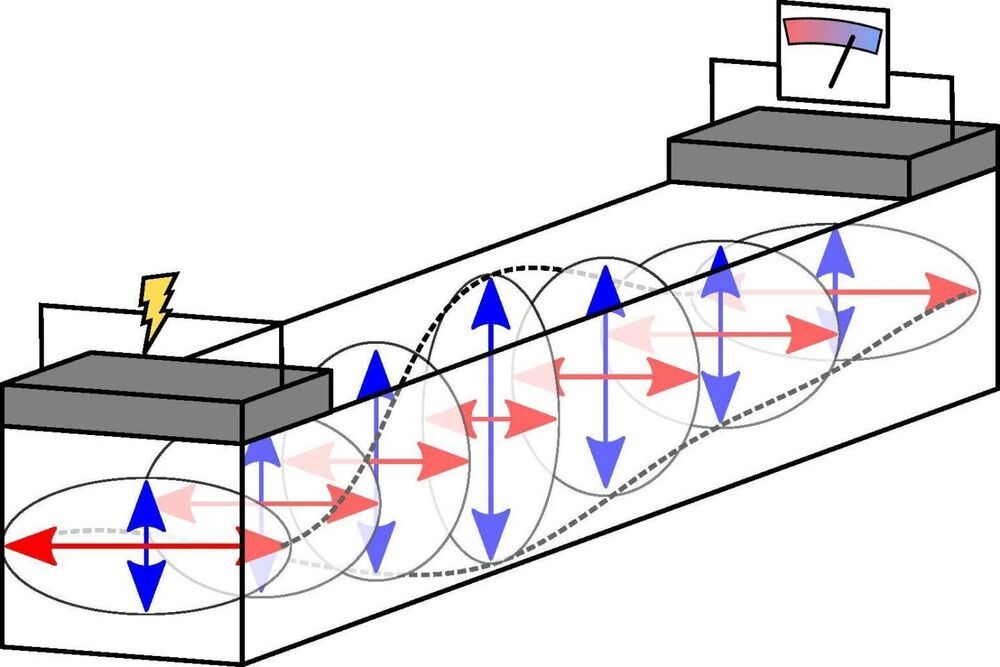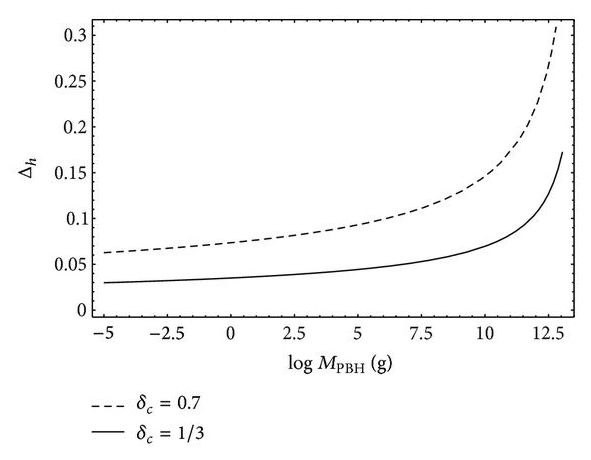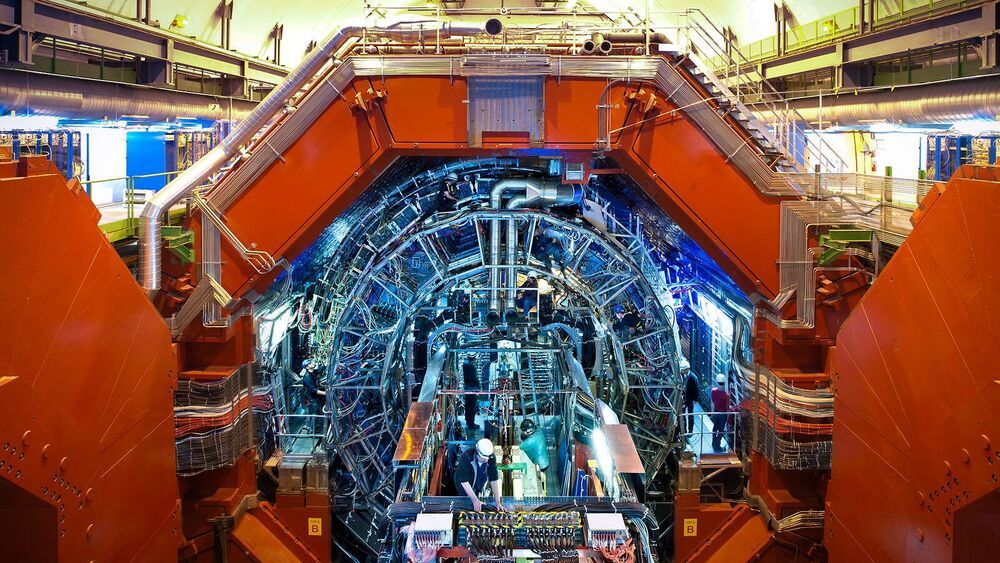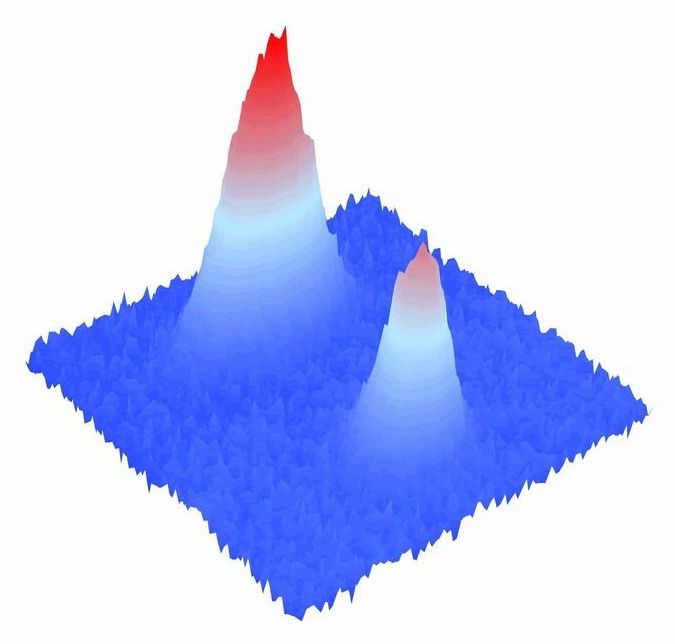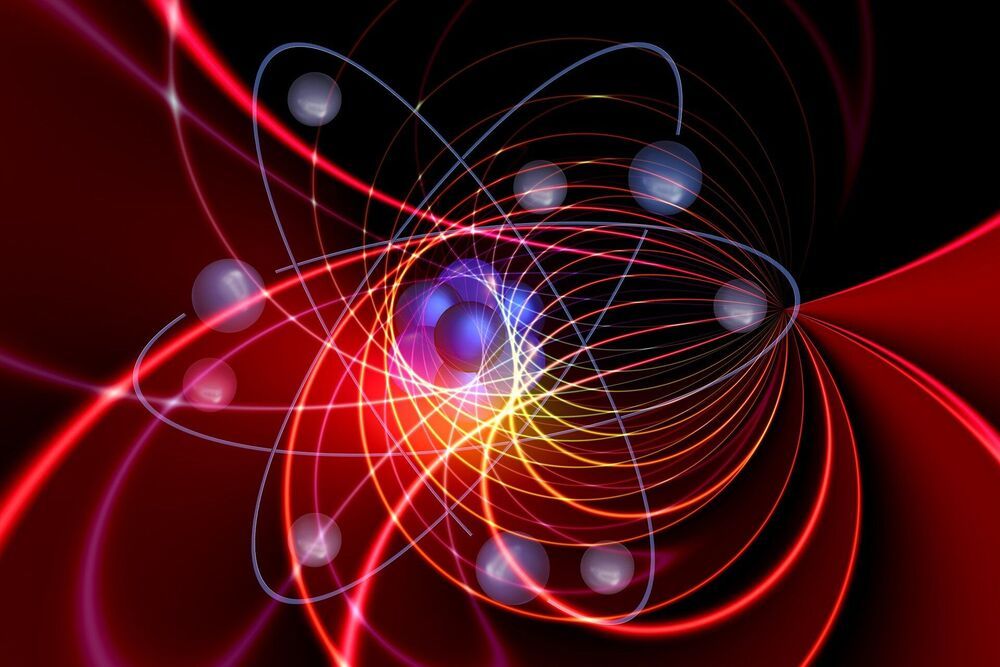New technique could be useful for quantum information processing.
A new technique to cool reactive molecules to temperatures low enough to achieve quantum degeneracy – something not generally possible before – has been created by researchers in the US. In this temperature regime, the dominance of quantum effects over thermal fluctuations should allow researchers to study new quantum properties of molecules. As a first example, the researchers demonstrated how a slight change in applied electric field can alter the reaction rate between molecules by three orders of magnitude. The researchers hope their platform will enable further exploration of molecular quantum degeneracy, with potential applications ranging from quantum many body physics to quantum information processing.
When atoms are cooled close to absolute zero, the blur created by thermal effects that govern their behaviour in the classical world around us is removed, making their quantum nature clear. This has led to some fascinating discoveries. In ultracold quantum bosonic or fermion-pair quantum gases, for example, all the atoms in a trap can simultaneously occupy the quantum ground state, resulting in a wavefunction that is macroscopic.
Cooling and trapping molecules is much trickier because they are inherently more complex than atoms. Whereas atoms can only contain quanta of energy in electronic excitations, the chemical bonds in molecules can stretch, rotate and bend – and cooling molecules involves removing energy from all of these degrees of freedom. Moreover, the complexity of molecules increases the complexity of their collisions. Although elastic collisions are necessary to knock the fastest-moving molecules out of a trap and cool it, inelastic collisions dissipate heat in the trap.
